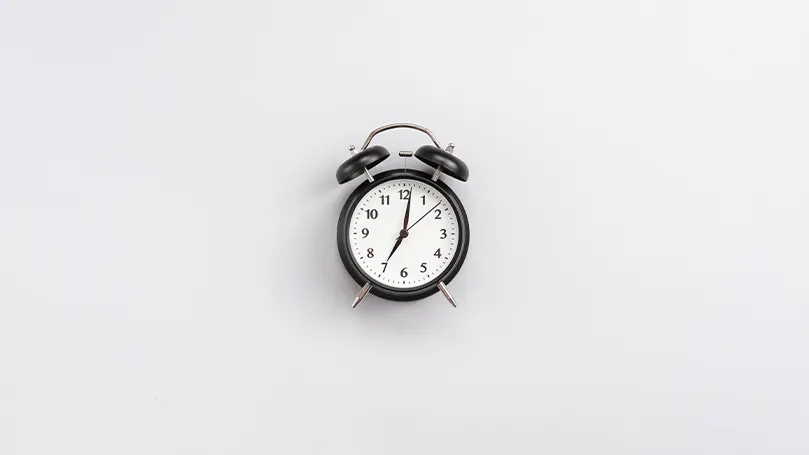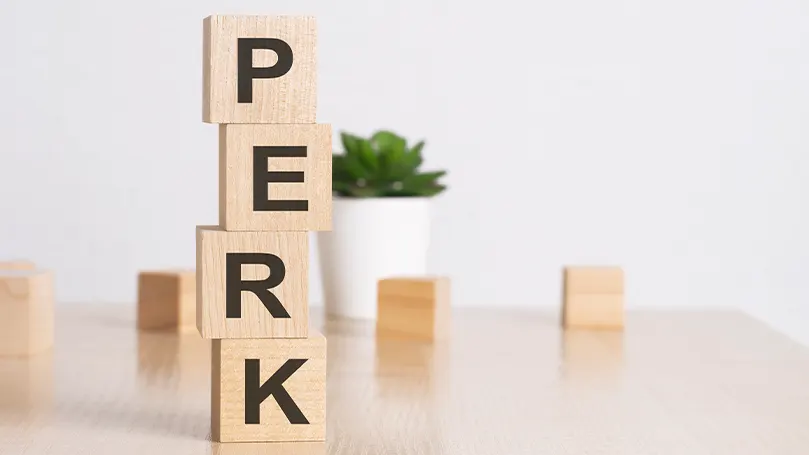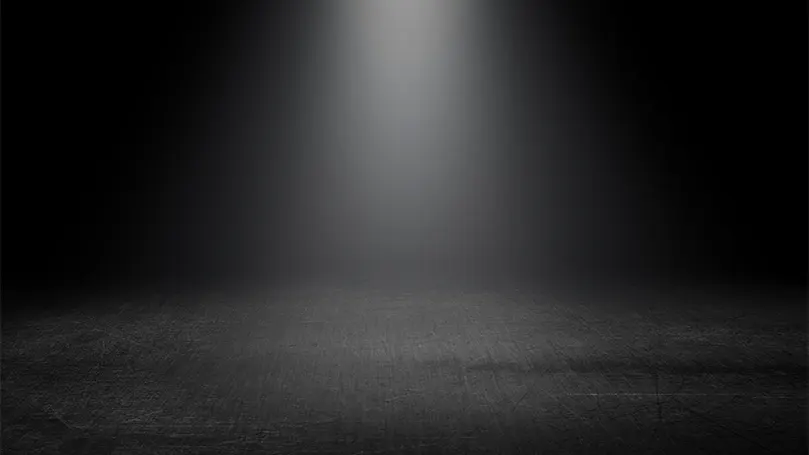What is circadian hacking?

To understand circadian hacking, we first have to know exactly what a circadian clock is. To oversimplify, circadian rhythms (or clocks) are your body's way of keeping track of time and maintaining a regular sleep-wake cycle. The cells in our body have circadian clocks and there's one master clock in our hypothalamus.
And the whole point of this circadian system is to “schedule” processes in our body – like when we're hungry, when we're supposed to fall asleep, when certain hormones are released, etc. Hopefully, now you can understand why “controlling” your circadian rhythm can help establish a consistent sleep cycle.
And don't worry, although the word hacking would have you believe that you need high-tech equipment, a doctorate, and a mad scientist, our internal clock isn't actually that hard to influence. You will have to make some sacrifices and it might be annoying at first, but the process itself is rather harmless.
As you'll see later on in this article, achieving a healthy circadian rhythm mostly boils down to regulating your schedule, taking note of your sleep duration and chronotype, and understanding what affects your sleep cycles.
Benefits of circadian hacking
Before we get into how you can correct your circadian rhythm, we're going to go over the benefits this change can yield. After all, if the end result isn't impressive, most people wouldn't want to change their entire schedule around. So, we're going to start off with the most important benefits and then move on to less life-changing (but still pretty cool) perks.
Better overall health

Being in tune with your body's clock affects your health in ways you probably couldn't even imagine. For example, it lessens the chance of heart disease and even some types of cancers!
And since your digestion is also heavily influenced by your circadian rhythm (especially when it comes to your blood sugar), it even helps ward off diabetes. Considering that almost 5 million people in the UK alone have some type of diabetes, this is quite important.
Lastly, even your mental health gets a boost as the odds of falling into a depressive episode are lessened if you have a healthy sleep cycle every night. And if you've ever gone through a depressive episode or know someone who has, you'll understand why keeping your mind healthy is just as important as your physical health.
Higher energy levels
If you feel extremely tired throughout the day and dread your wake-up time like the plague, you know that keeping your energy up can be quite an uphill battle. However, there's a good chance that your lack of energy is caused by an improper sleep schedule.
And who doesn't want to feel happy and full of energy from the second they open their eyes? Not only does it set the mood for the rest of the day but you can easily be more productive and chase your dreams at a faster pace.
No more jet lag
Although jet lag isn't an issue most people tend to have all that often, it can still be rather useful to know how to handle it. After all, if you've worked hard all year in order to get that dream vacation, the last thing you'd want is to miss out on half of it because you felt too tired.
And if your work requires you to travel frequently, hacking your circadian rhythm is essential as you need to be productive and alert the second you step off the plane. So, we'll discuss jet lag in the following segment.
Making changes to your sleep schedule
When it comes to your circadian rhythm when you go to bed and when you get up are the most important factors at play. So, a proper sleep schedule can do wonders. And while certain sleep disorders may make it difficult to stick to the plan, here are some general guidelines on optimizing your sleep schedule.
Be consistent
The most important thing you need to keep in mind is that consistency is key. That means that you need to always go to bed and wake up at the same time. And although it pains us to say it – this means that sleeping in during the weekend is something you'd want to avoid.
After all, humans are creatures of habit but if you throw a wrench in the system every week, your body will have a hard time keeping up. Sure, getting 30 minutes of extra sleep won't do that much damage but we wouldn't recommend pushing it further than that.
No more naps
Another unfortunate buzzkill is that naps should be avoided if possible. We know it feels great but the need for a nap is usually a sign of sleep debt and should be dealt with by sleeping a bit longer at night, not through naps in the early afternoon.
This is because your body can't know whether you're napping or going to bed early, and might start producing sleep hormones that will make you feel groggy once you do wake up. So, just stick to getting 7-8 hours of sleep at night and avoid sleeping during the day.
Adjusting your sleep schedule
So far we've assumed that you're looking for ways to optimize a sleep schedule that fits the 9-5 work day. However, if you work the night shift, don't have a set schedule, or are going to travel soon, you'll need to adjust your sleep schedule.
Luckily, this is rather simple – just move your bed and wake-up time by one hour each night until you land where you want to be. In the case of travel, this usually means making up the difference in time zones.
If you're a night owl, this should come extremely easily. However, if you're an early riser, you might experience some drowsiness. And if you keep waking up at night, we suggest looking into it or consulting a professional.
We will also take this opportunity to point out that while you can make it easier on your body, you can't change your chronotype (being an early bird vs a night owl). So, take that into account as well, as you might have a difficult time adapting to an early sleep schedule if you're a night owl at heart. But don't get discouraged!
The Impact of light and darkness

When first learning about circadian rhythms, you might question how this inner clock actually keeps time, as there aren't any bolts or gears in our brains. Well, it relies on the next best thing – light exposure.
After all, from a biological perspective, it makes perfect sense. Light hits your eyes in the morning so you wake up and go hunting. And when night falls, you go to bed and rest. But since we aren't exactly hunters or gatherers anymore, we need to give the topic more thought.
So, let's start with the most obvious observation – the light coming from most electronic devices can make your brain think it's still daylight. To combat this, you have a few options. For one, you can simply not use any electronic in the evening.
Secondly, you can turn on night mode on your screen so that it uses warmer colours and lessens the effect. Thirdly, get something like blue light-blocking glasses and wear them during the evening. This is especially useful for night owls that want to roll back their bedtime.
As a bonus tip, you can even use natural sunlight in order to shake off morning drowsiness. Just go outside if possible and the fresh air plus the sunlight will give you a nice boost of energy.
The impact of temperature
Another natural consequence of the day-night cycle is the fluctuation of temperature. After all, at night, it tends to be noticeably colder than during the day and our body has learned to react to this change.
So, if you prep your room for the ideal sleep temperature, you can make it believe that it's time to go to bed. Mind you, this doesn't mean that you should be freezing! In fact, if it's too cold, your body temperature will naturally rise and have the exact opposite effect.
Therefore, keep the temperature ideal for sleep (which is usually a bit lower than during the day) and if you're cold at night, consider getting some good pyjamas.
Food and exercise

Although you can't control the day-night cycle or the Sun, some aspects of your circadian rhythm are more flexible. For example, timing your meals can fine-tune your inner clock! This just means that getting a big meal in the morning can signal your brain that it's go time while avoiding food at night lets it know that it's time to rest.
Plus, avoiding certain foods in the evening can help you fall asleep faster – which is always a plus. In fact, some professionals may even suggest limiting your calorie intake to the first 8/12 hours of the day, as it can potentially help establish a good circadian rhythm.
On a similar note, when you workout can also affect your schedule. For example, if you work out late at night, your body might get the sense that you need more energy and thus you won't be able to fall asleep for a few hours.
But aside from that, working out is only beneficial, as it can tire you out, better your health, and improve your overall sleep quality. Just be careful of when you do it and don't push yourself past your breaking point.
Your mental health
Lastly, we'd like to talk about mental health. Unlike the previous segments, you can't really time when you'll feel happy or sad. However, what you can do is make sure to keep your mind healthy 24/7 and thus better your overall sleep quality.
This is because stress can make falling asleep very difficult and thus ruin your sleep schedule. And when it comes to the relationship between depression and sleep, it's quite a destructive pairing as well. So, we strongly suggest seeing a professional if you feel like you might be suffering from serious mental strain.
And when it comes to everyday things that can help keep your mind positive, we suggest working out, getting fresh air, having a healthy diet, and having social contact of some kind. Plus, if you're troubled with stress in particular, getting a weighted blanket, drinking some tea, and/or doing yoga can help you manage.
How to start circadian hacking
Now that you know everything that can affect your sleep, it's time to actually optimize your circadian rhythm. So, here are the steps that we would suggest but keep in mind that it's not a one-size-fits-all solution and that you should tailor it to your own circumstances.
- Step 1: Determine your sleep schedule – jot down when you'd ideally go to bed and wake up, making sure that there at least 7 hours apart. Ideally said schedule should also align with your chronotype.
- Step 2: Start rolling back your current sleeping patterns by one hour a day until you've aligned with your desired sleep schedule.
- Step 3: Help your body clock adjust to the new schedule. Get natural sunlight when you get out of bed or drink coffee in order to wake yourself up. Use black-out curtains and prepare the ideal temperature at night in order to fall asleep faster.
- Step 4: Factor in other parts of your schedule. Make a relatively firm schedule that includes when you'd want to eat/work out, making sure that neither is too close to your new bedtime. Also, limit the use of electronics at night or avoid blue light.
- Step 5: Stay consistent, even on the weekends, and try to avoid taking naps during the day. And if you do fall off the horse, ease back into your new schedule and don't give up.
- Step 6: Enjoy your new and improved sleep schedule.
Conclusion
In conclusion, while we can't just snap our fingers and get a perfect night's rest every night (unfortunately), there's quite a lot we can do to help our bodies out. So, if you wake up tired to the bone but are full of energy when you go to bed, maybe it's time to get your circadian rhythm a tune-up.
And how to do that – well, as we said, with circadian hacking!
Spread the word
Recommended reading:













There are no comments yet
"*" indicates required fields